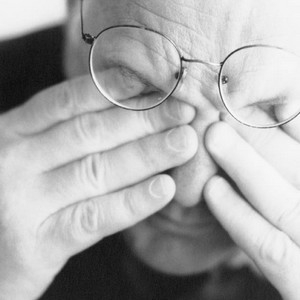
Insomnia
 Sleeping well is essential to our physical health and emotional well-being while good night’s sleep improves concentration and memory formation, allows your body to repair any cell damage that occurred during the day, and refreshes your immune system which helps to prevent disease. We need between 7 and 9 hours of sleep each night to stay healthy and alert. Sleep in elder people is lighter, more often disrupted by brief awakenings, and shorter by a half hour to an hour than the young people. Meanwhile, sleep problems are common with age, though age alone does not cause sleep problems. Suffering from a sleep disorder on a short or long term basis is extremely stressful and can also affect your loved ones and those you work with.
Sleeping well is essential to our physical health and emotional well-being while good night’s sleep improves concentration and memory formation, allows your body to repair any cell damage that occurred during the day, and refreshes your immune system which helps to prevent disease. We need between 7 and 9 hours of sleep each night to stay healthy and alert. Sleep in elder people is lighter, more often disrupted by brief awakenings, and shorter by a half hour to an hour than the young people. Meanwhile, sleep problems are common with age, though age alone does not cause sleep problems. Suffering from a sleep disorder on a short or long term basis is extremely stressful and can also affect your loved ones and those you work with.

- Difficulty falling asleep
- Less time spent in the deeper stages of sleep
- Early-morning awakening
- Less total sleep time
- Need naps during the day
- Being tired in the daytime

- Restless legs syndrome
- Periodic limb movement disorder
- Irregular sleep-wake times
- Daytime napping
- Lack of exercise
- Consumption of caffeine-containing beverages in the afternoon or alcohol in the evening
- Pain or medical illness
- Sedating effects of medications such as antidepressants
- Distress from acute symptoms of a psychiatric disorder
- Psychological stress or psychological disorders due to life changes
- Sleep disorders


|

|





























